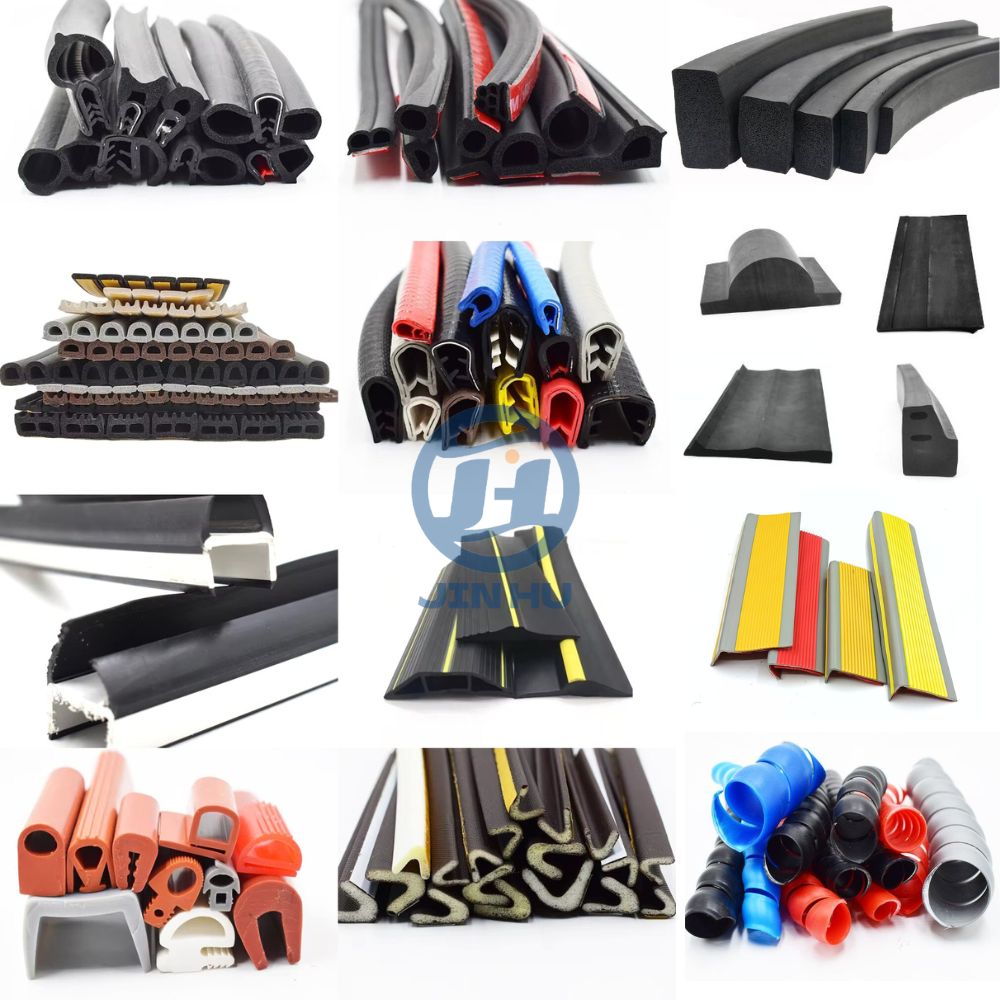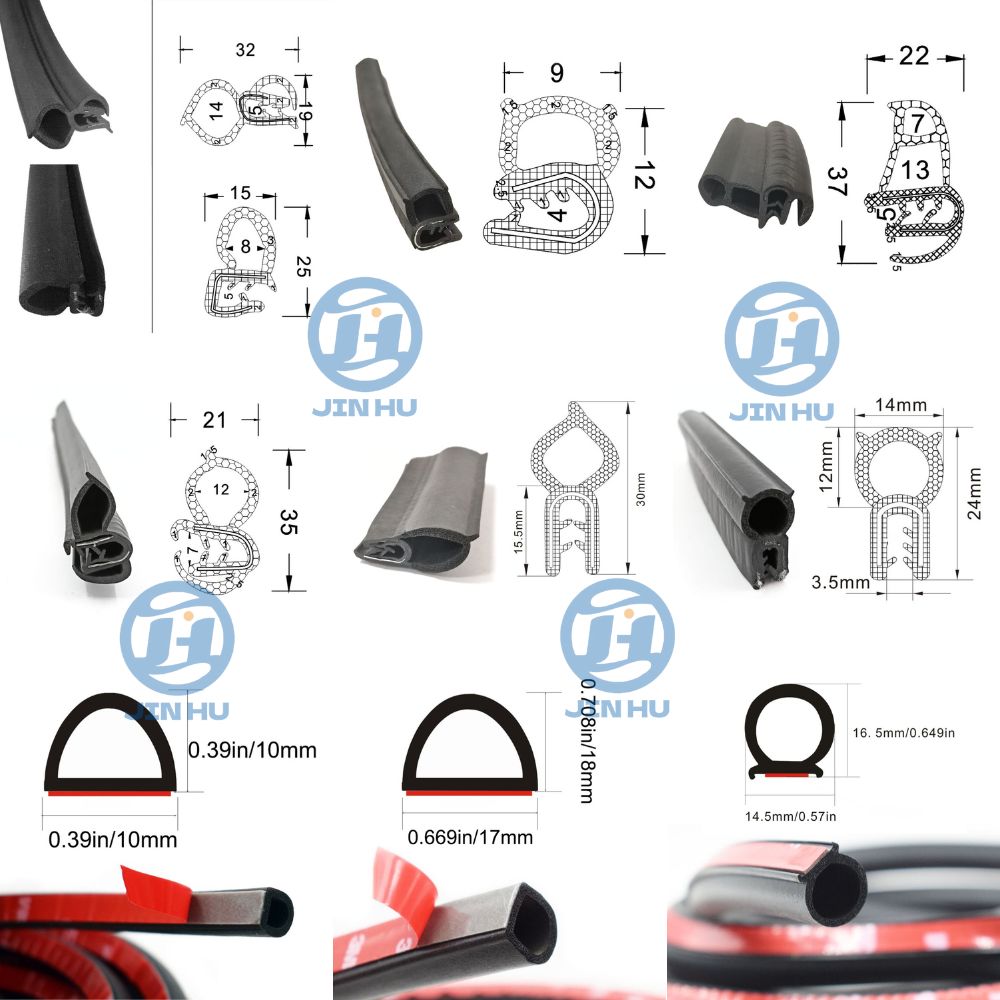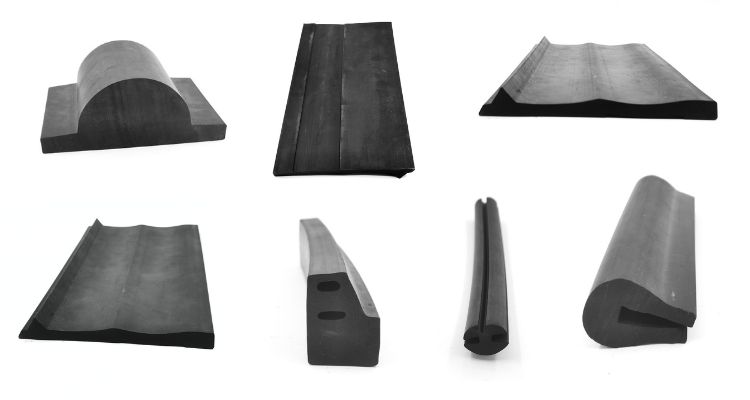What Are You Looking For?



Rubber seals are essential components used across various industries such as automotive, construction, and manufacturing. These seals are designed to provide effective protection against environmental elements, ensuring air-tight, water-tight, and dust-proof conditions. Whether it’s windows, glass, cars, machinery, or buildings, rubber seals play a critical role in improving performance and durability.
Customizable Shapes and Sizes for Different Applications
One of the key advantages of rubber seals is their flexibility in design. They can be manufactured in numerous shapes and sizes, including O-rings, D-rings, strips, and custom profiles tailored to specific needs. These versatile seals are used in a variety of applications:
Windows and Glass: Rubber seals prevent air and water leakage, ensuring energy efficiency and sound insulation. They provide a secure fit around window frames, keeping moisture and drafts out.
Automotive: In the automotive industry, rubber seals are found around doors, windows, sunroofs, and engine compartments. They help keep dirt, moisture, and noise from entering the vehicle while enhancing comfort and performance.
Machinery: For industrial machinery, rubber seals protect critical components from contaminants and ensure smooth operation. These seals are ideal for high-pressure systems, helping to maintain fluid integrity and prevent leakage.
Construction and Buildings: Rubber seals are commonly used in doors and windows in homes and commercial buildings, preventing the entry of air, water, and noise. They also provide insulation against temperature fluctuations, contributing to energy savings.
Adjustable Hardness for Various Needs
Rubber seals can also be customized in terms of hardness, offering options that suit different applications. The hardness of a seal determines its flexibility, durability, and sealing efficiency.
Soft Seals: Soft seals are ideal for applications that require flexibility and compression, such as window seals or door seals. These seals easily conform to irregular surfaces and provide a tight fit.
Harder Seals: Harder rubber seals are designed for more demanding applications, like automotive and industrial machinery. These seals are durable, providing reliable protection against high pressure and harsh conditions.
Key Benefits of Rubber Seals
Waterproofing: Rubber seals are commonly used in windows, doors, and automotive parts to prevent water ingress, protecting both the structure and its occupants from leaks and moisture damage.
Airtight Sealing: In HVAC systems, refrigeration units, and vehicles, rubber seals create airtight barriers that maintain internal pressure, ensuring efficient operation and energy conservation.
Noise Reduction: Rubber seals help minimize external noise in vehicles and buildings, contributing to a quieter and more comfortable environment.
Temperature Insulation: Rubber seals prevent heat or cold from escaping, helping to maintain comfortable indoor temperatures and reduce energy consumption.
Dust and Contaminant Protection: Rubber seals are essential for machinery, preventing dust and dirt from entering sensitive areas and maintaining the efficiency of industrial systems.
Conclusion
Rubber seals are an integral part of many industries, offering customizable solutions to meet specific sealing and insulation needs. Their versatility in shape, size, and hardness makes them suitable for a wide range of applications. Whether you need to seal windows, doors, machinery, or vehicles, rubber seals provide reliable protection, improve efficiency, and enhance the overall performance and durability of various systems.